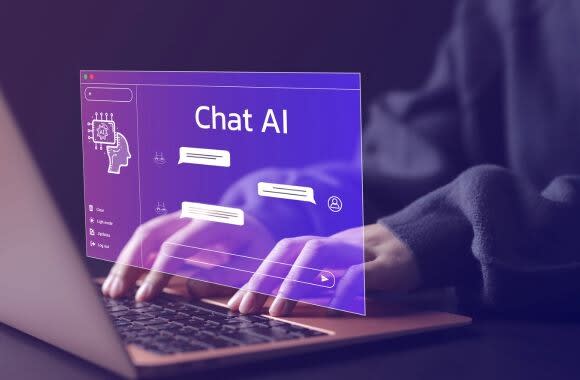Artificial intelligence has transitioned from a futuristic concept to an integral part of everyday life in the United States. What once seemed like science fiction is now embedded in how people work, learn, and interact with the world. This rapid integration raises pressing questions about its impact on education, employment, and even the way students think.
One of the most significant shifts is occurring in higher education and the workforce. Experts agree that while AI will eliminate some jobs, it will also create new ones—often in areas we can barely predict today. The key to navigating this transformation lies in cultivating uniquely human traits: creativity, critical thinking, emotional intelligence, and adaptability.
How AI Is Reshaping the Job Market
According to Jack Myers, a corporate advisor and lecturer at the University of Arizona, AI will both eliminate and generate jobs. Routine roles in coding, bookkeeping, customer service, and translation are expected to decline as automation improves. However, Myers argues that AI will open doors to unprecedented opportunities by acting as a collaborative partner in creative and intellectual endeavors.
Similarly, Joey Kim, chair of the Department of Engineering and Computer Science at Master’s University, views AI as a tool rather than a threat. He emphasizes that while certain careers may fade or evolve, others will emerge in response to technological change. The process isn’t binary—it’s a spectrum.
Michael Pavlin, an associate professor at Wilfrid Laurier University, adds that AI is already influencing white-collar professions. “It’s hard to imagine a white collar job where you’re not going to be interacting with AI at some level,” he says. Still, he cautions against overestimating current AI capabilities, noting that many claims about its performance are exaggerated.
Reva Freedman, a computer science professor at Northern Illinois University, compares AI’s influence to the introduction of personal computers in the 1980s. While clerical and secretarial roles diminished, new opportunities arose in software use and management. She believes that high-level thinking, hands-on care, and leadership roles will remain resilient in the face of AI disruption.
Gary Clemenceau, a former tech professional turned chaplain, echoes this view. He predicts that mental health, healthcare, and roles requiring deep interpersonal engagement will continue to thrive.
AI’s Impact on Higher Education
The rise of AI presents unique challenges for educators. Freedman notes that it has become nearly impossible to assign writing tasks without concerns about cheating. Students now have access to tools that can generate essays, code, and even pass exams using smart glasses that connect to the internet.
This trend threatens the integrity of academic credentials. Kim warns that overreliance on AI undermines the value of a degree by eroding essential skills like problem-solving and analytical thinking.
Beyond academia, there are broader implications. Pavlin points out that AI can make subtle errors in niche subjects—mistakes that only experts might catch. Kim stresses that when decisions are critical, especially those involving life-and-death or large financial stakes, human judgment remains irreplaceable.
Clemenceau expresses concern that excessive reliance on AI could dull students’ cognitive abilities. “AI is not very good at being creative,” he writes. “Students need to put down their phones and THINK.”
Preparing for an AI-Driven Future
Despite differing perspectives, most experts agree on one point: students must focus on developing qualities that machines cannot replicate. Myers emphasizes the importance of collaboration between humans and AI, suggesting that fields like social sciences and humanities play a crucial role in nurturing these skills.
Freedman and Kim both argue that success in the job market depends less on a specific major and more on personal attributes such as curiosity, communication skills, and a commitment to lifelong learning.
While Myers predicts coding will become obsolete due to AI-generated programs, Freedman counters that skilled programmers who understand business needs and communicate effectively will always be valuable.
Clemenceau offers a more cautionary outlook. He envisions two possible futures: one where people embrace AI but lose parts of their humanity, and another where a minority chooses a more thoughtful, human-centered path.
In this evolving landscape, the message to students is clear: technology will change the world, but human ingenuity, empathy, and creativity will define its future.





